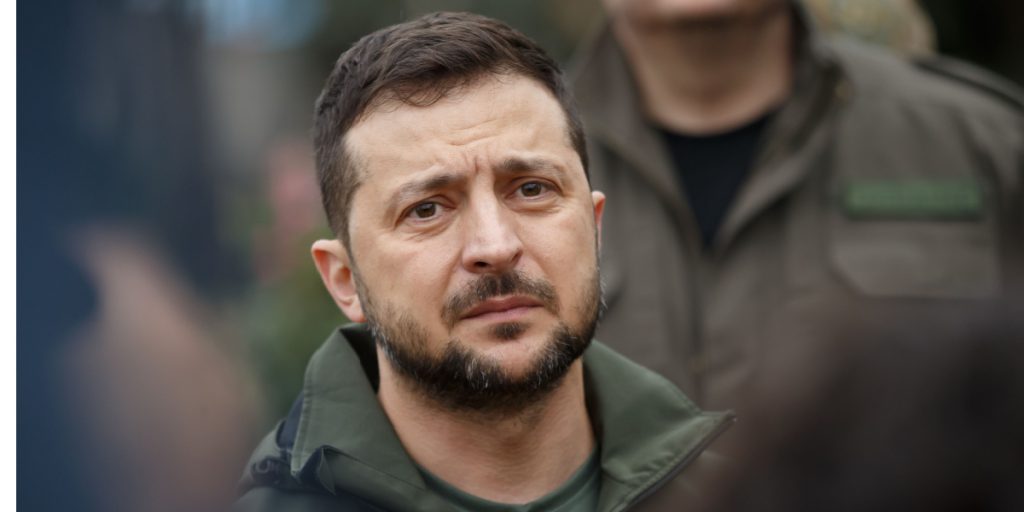Volodymyr Zelensky expressed hope that the ongoing conflict in Ukraine could conclude this year.
Others are reading now
Ukrainian President Volodymyr Zelensky has suggested that the war in Ukraine could come to an end this year, thanks to efforts by U.S. President-elect Donald Trump to find a resolution.
But he warned that Europe must not let its guard down. Instead, Zelensky stressed the importance of increasing support for Ukraine, as its army plays a vital role in defending Europe against Russia.
Speaking during a visit to Warsaw, Zelensky said he was optimistic about the chances of ending the conflict in 2025.
“Trump is serious about ending the war—he said this himself,” Zelensky explained to Bloomberg. “He has the power to pressure and influence Russia. I’m convinced that Russia fears the United States, China, and a united Europe.”
Also read
Zelensky emphasized how critical Ukraine’s victory is for Europe, not only to stop the Kremlin’s aggression in Ukraine but also to prevent it from expanding into other countries. “Without Ukraine’s army, Europe can’t stand up to Russia’s military, which is larger, better armed, and more ruthless,” he said.
The Ukrainian leader also noted that while countries like Poland, Romania, and the Baltic and Scandinavian states understand the threat posed by Russia, many other Western nations still fail to see the full extent of Vladimir Putin’s ambitions. Zelensky warned that if Ukraine falls, Russia will quickly target other nations.
“Without Ukraine’s army, Europe, unfortunately, stands no chance against Russia today,” he stated. “Putin knows this and even says it in private.”
Zelensky called on Europe to strengthen its support for Ukraine and boost its own defense by increasing domestic weapons production.
“Why not make Ukraine as strong as possible and expand your military production at the same time?” he asked.
While there is growing hope in Europe that the conflict can be resolved, many worry that Trump might pressure Kyiv into early negotiations or force it to make major concessions to Russia. Trump’s advisors now acknowledge that ending the war will not be quick. His earlier claims of resolving it in 24 hours have been replaced with a more realistic goal of six months.


